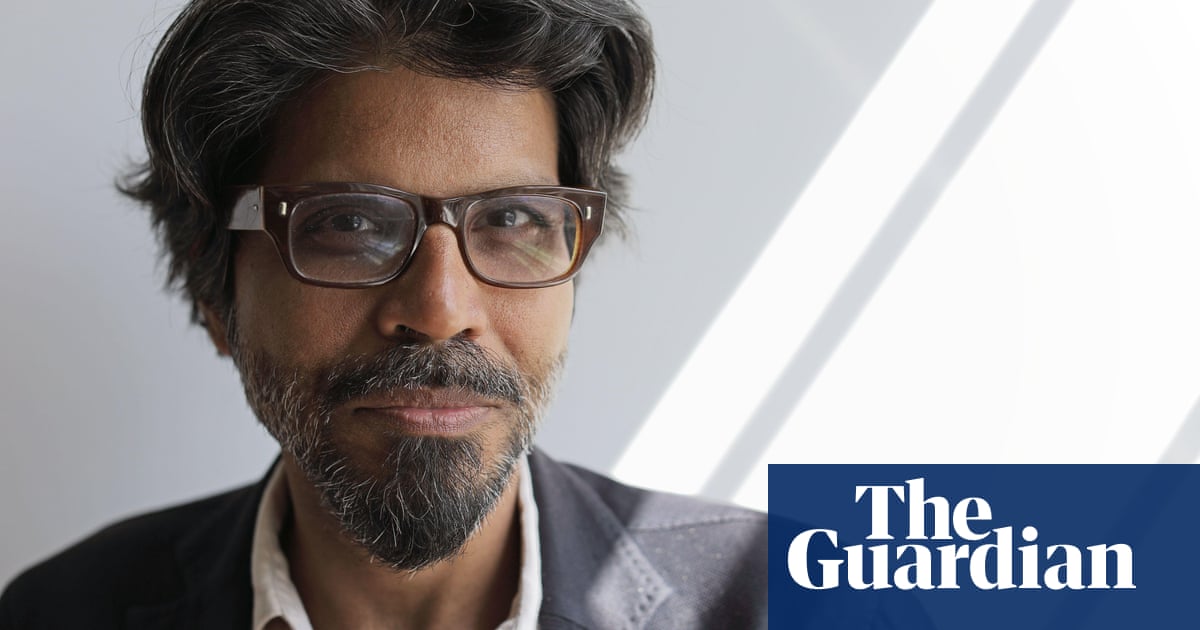
My earliest reading memory
Like many upper-caste households in north India, my family possessed clothbound copies of a Hindi translation of the Mahabharata. As a child, I read the volumes cover to cover, lingering over the sketches of the protagonists, and I then reread them – I can’t remember how many times. This first experience of imaginative literature, I now recognise, was also the most crucial.
My favourite book growing up
I wish I still possessed the collections of Russian and Ukrainian folktales that my parents bought from bookshops subsidised by the Soviet Union. The Soviets fought the cultural cold war in vast tracts of Asia, Africa and Latin America by attractively showcasing the range and abundance of Russian literature, and making it cheaply available. I spent much of my early years dipping into volumes of fairytales printed in Moscow, and then reading, in my teens, translations into English and Hindi of the great Russian writers – Chekhov, Tolstoy, Dostoevsky, Turgenev and Bunin.
Mehrotra made me see that my grim surroundings, which I’d wanted to transcend, actually constituted my basic material
The book that changed me as a teenager
I was 16 or 17 when I read An Area of Darkness by VS Naipaul, and I still remember the intense feelings of shock and bewilderment that it provoked. I hadn’t realised that you could write about your ancestral country and people with such raw honesty, or that you could so fearlessly expose your own rages and neuroses. The book was an education, too, in literary form – how even travel writing could be made to accommodate so much profound emotional and intellectual content.
The writer who changed my mind
I was in my early 20s when over the course of a summer I read Eric Hobsbawm’s four volumes of world history. I had by then read nationalist histories of India, the UK and the US, or accounts of pre-modern empires and kingdoms. Hobsbawm’s books first alerted me to the ways in which the history of the modern world was one and indivisible, and that anyone writing it was required to demonstrate the degree and density of its interconnectedness.
The book that made me want to be a writer
I was a dispirited student on a violent and dysfunctional university campus in the north Indian city of Allahabad when I came across a collection of poems titled Middle Earth by Arvind Krishna Mehrotra. The poems often invoked local landmarks – a road, a department store – and things so ordinary struck me with the force of a revelation. The book made me see that my grim surroundings, which I wanted to transcend through a career in imaginative writing, actually constituted my basic material.
The book I could never read again
Growing up in small railway towns, I had no access to good libraries and bookstores, and I must have read nearly the complete works of writers such as Robert Ludlum, Sidney Sheldon, Jackie Collins and Jilly Cooper that were available in cheap paperbacks at railway bookstalls. I haven’t attempted to reread them.
The book I am currently reading
The great Peruvian novelist Julio Ramón Ribeyro was a contemporary of Mario Vargas Llosa, though excluded by his intimate and concise modes of writing from the Latin American “boom”. La tentación del fracaso (The Temptation of Failure), the journal he maintained for much of his life, records with pained but acute and irrefutable insight his dignified poverty and his marginality to the political, intellectual and literary cultures of his time. It is a masterpiece that bears comparison to the diaries of those other connoisseurs of failure, Cesare Pavese and EM Cioran.












